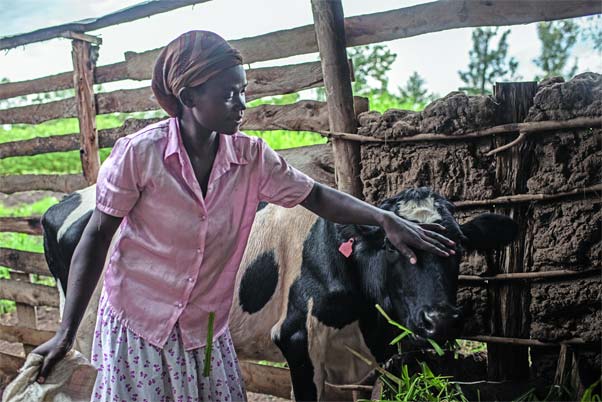Fossil fuel subsidies are a key barrier for economic development and climate change mitigation. While the plunge in international fuel prices has increased the political will to introduce fossil fuel subsidy reforms, recently introduced reforms may risk backsliding when fuel prices rebound − particularly if they fail to address the underlying mechanisms that create demand for low fossil fuel prices. Extant literature has mostly focused on the consequences of fossil fuel subsidies, including their economic or environmental impact, and the social contract that make their reform difficult.
Background West Africa has the highest proportion of married adolescents, and the highest adolescent childbirth rate and maternal death rate in sub-Saharan Africa. However, few studies have focused on the type and quality of health care accessed by pregnant young women in countries in this subregion. Methods We obtained data from Demographic and Health Surveys done between 2010 and 2014, to compare the use, timing, source, and components of antenatal care between adolescent and older first-time mothers in 13 west African countries.

